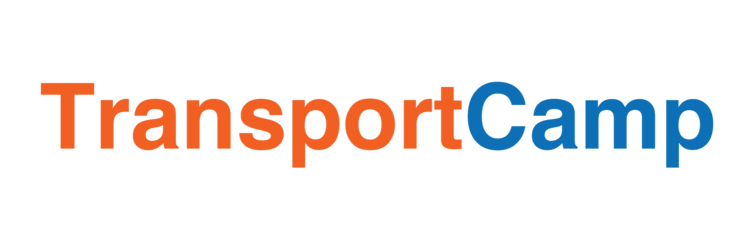Session: 4
Room: Supper Room
Session Title: The Inside 'Scooter' - Melbourne E-scooter Trial
Format: Discussion
Presenter Name: Samaj and Ronard (Neuron)
Summary
Data Overview: Feb to June 2022 Average transport distance 2.16km. Average trip durations 15.5 mins, Average trip per day 7408 trips. Total trips 1194300 trips. Total distance 2580066 km.
Contribute to supporting Melbourne's major events; 41% of users said that the environmentally friendly nature of e-scooters was a factor.
The shared bike lane network has also a low rate of accidents.
65% of scooter users indicated they made a purchase at the start or end of their trip.
Daily public complaints decreased quickly after the launch.
Concerns: Parking, footpath use, user noncompliance, reporting systems.
Will private e-scooter users become public e-scooter users if the regulations are tightended?
